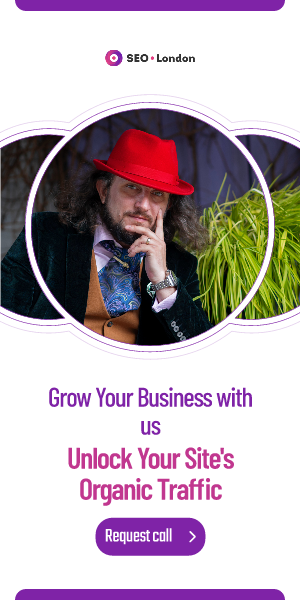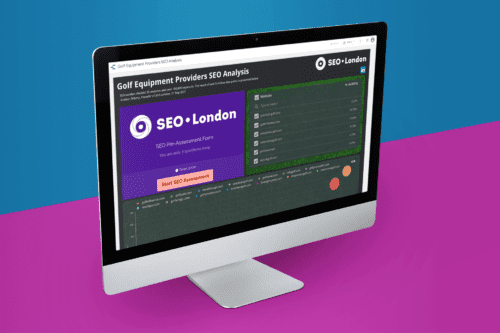Qu'est-ce que le marketing entrant ?
Qu'est-ce que l'Inbound Marketing ?
L'inbound marketing fait référence à une approche stratégique du marketing numérique qui se concentre sur l'attraction, l'engagement et le développement de clients potentiels en fournissant un contenu précieux, pertinent et informatif. Il s'agit d'une méthodologie qui vise à attirer l'attention des clients potentiels vers une entreprise ou une marque, plutôt que d'aller les chercher directement par le biais de méthodes publicitaires traditionnelles.
Principes clés de l'Inbound Marketing
1. Attirer : Le premier principe de l'inbound marketing est d'attirer le bon public cible. En comprenant vos buyer personas et leurs besoins, vous pouvez créer un contenu convaincant qui résonne avec eux. Cet objectif peut être atteint par le biais de différents canaux tels que l'optimisation des moteurs de recherche (SEO), le marketing des médias sociaux, la création de contenu, et plus encore.
2. S'engager : Une fois que vous avez attiré des clients potentiels, il est essentiel d'engager le dialogue avec eux de manière efficace. Le contenu engageant peut prendre la forme d'articles de blog, de vidéos, d'interactions avec les médias sociaux, de lettres d'information par courrier électronique ou de webinaires. L'objectif est de fournir des informations précieuses, d'établir la confiance et de construire une relation avec votre public.
3. Nourrir : Le marketing entrant se concentre sur l'établissement de relations à long terme avec les clients potentiels. Grâce au lead nurturing, vous pouvez guider les prospects tout au long du parcours de l'acheteur en leur fournissant un contenu adapté à chaque étape. Cela permet de les éduquer et de les informer, ce qui augmente les chances de conversion et de fidélisation des clients.
Avantages du marketing entrant
1. Le rapport coût-efficacité : Le marketing entrant peut être plus rentable que les méthodes traditionnelles de marketing sortant. En créant un contenu de qualité et en utilisant des canaux organiques tels que le référencement, les entreprises peuvent atteindre un public plus large sans dépenser des sommes considérables en publicité.
2. Approche ciblée : Le marketing entrant permet aux entreprises de cibler des publics spécifiques en fonction de leurs intérêts, de leurs données démographiques et de leurs comportements. Cette approche ciblée garantit que votre contenu atteint des personnes qui sont plus susceptibles d'être intéressées par vos produits ou services, ce qui augmente les chances de conversion.
3. Autorité et crédibilité de la marque : En fournissant régulièrement un contenu informatif de haute qualité, les entreprises peuvent s'imposer comme des leaders d'opinion et des experts dans leur secteur d'activité. Cela permet d'asseoir l'autorité et la crédibilité de la marque et de renforcer la confiance des clients potentiels.
4. Résultats à long terme : Le marketing entrant se concentre sur l'établissement de relations et le développement de prospects au fil du temps. Bien qu'il faille plus de temps pour obtenir des résultats significatifs, les avantages peuvent être durables. En fournissant continuellement un contenu pertinent, les entreprises peuvent attirer et fidéliser les clients, ce qui se traduit par un succès continu.
5. Des résultats mesurables : L'inbound marketing est hautement mesurable, ce qui permet aux entreprises de suivre et d'analyser diverses mesures telles que le trafic sur le site web, la génération de leads, les taux de conversion et l'engagement des clients. Ces données fournissent des informations précieuses qui peuvent être utilisées pour optimiser les stratégies de marketing et améliorer les performances globales.
Conclusion
Le marketing entrant est une approche centrée sur le client qui privilégie l'apport de valeur aux clients potentiels plutôt que de les interrompre. En attirant, en engageant et en nourrissant les prospects par le biais de contenus et de canaux ciblés, les entreprises peuvent établir la confiance, générer des prospects et, en fin de compte, favoriser les conversions. Sa rentabilité, son approche ciblée et ses avantages à long terme font de l'inbound marketing une stratégie essentielle pour les entreprises qui cherchent à prospérer dans le paysage numérique.


